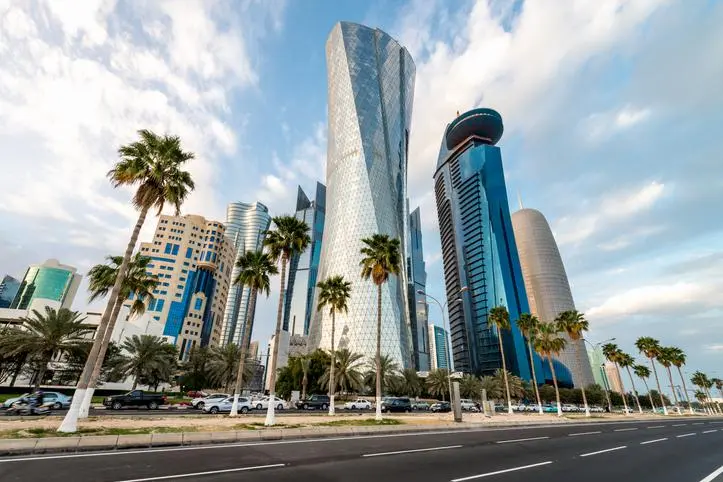PHOTO
Gas-rich Qatar has seen limited health impacts from the pandemic due to its relatively young population and containment measures. The vaccine program, strengthening of energy prices and end of the rift with other Gulf Cooperation Council (GCC) countries will support the recovery, said Institute of International Finance (IIF) in a report Tuesday.
“We expect modest economic recovery in 2021 with real GDP growing by 3.2 percent, following a contraction of 3.7 percent in 2020,” Garbis Iradian, chief MENA economist, said.
Beyond 2021 growth will be supported by the projected significant increase in natural gas production, the report said. In 2022, growth will accelerate to 4.0 percent, supported by further significant increase in gas production and the projected substantial increase in tourist receipts for the FIFA World Cup (scheduled for November 21-December 18, 2022).
Qatar well positioned for post-pandemic rebound
Qatar is seeking to cement its position as the world’s second-largest gas exporter and the largest exporter of LNG given its massive reserves and surging global demand, IIF said.
Early this year, Saudi Arabia, Bahrain, the United Arab Emirates (UAE), and Egypt ended their three-and-a-half-year blockade of Qatar. This has led to the resumption of travel and trade between Qatar and its GCC neighbors.
Elsewhere, the banking system has remained relatively resilient with high-quality assets, strong capitalization and adequate liquidity.
“We expect the current account and fiscal balances to shift to sizeable surpluses in 2021 and 2022. Given the spare capacity and large financial buffers, fiscal policy is expected to support the recovery in the short term. Additional structural reforms are needed to support diversification and raise potential growth over the medium-term,” Iradian said.
The institute also said Qatar needs to implement a broad range of policies to encourage diversification away from hydrocarbons and to achieve a competitive knowledge-driven economy. Such reforms will increase productivity growth and boost the supply of highly qualified labor, which is needed to raise potential growth.
(Writing by Brinda Darasha; editing by Daniel Luiz)
Disclaimer: This article is provided for informational purposes only. The content does not provide tax, legal or investment advice or opinion regarding the suitability, value or profitability of any particular security, portfolio or investment strategy. Read our full disclaimer policy here.
© ZAWYA 2021





















